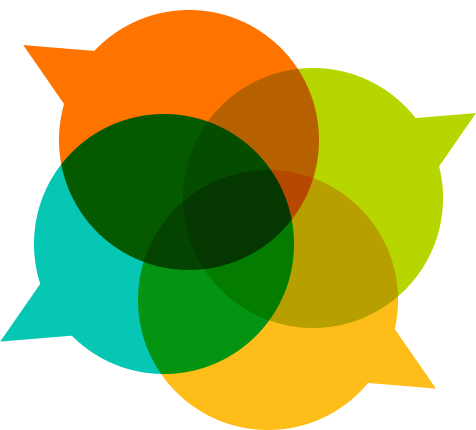Moving this here from https://groups.google.com/forum/#!searchin/school-of-open/university/school-of-open/ZNck3XbB15M/Jjyk3vwhSFQJ in hopes it will get more traction:
My initial email:
Hi all,
We are planning a School of Open Africa launch for August/September 2014 and the need arose for some talking points and examples to explain the significance of SOO to more formal institutions, ie. schools and universities. The hope would be to be able to teach SOO course modules as part of an official university course or otherwise incorporate SOO activities into schools.
So far, I know of four SOO projects that have worked with schools/universities in some official capacity:
-
SOO Writing Wikipedia course + University of Mississippi: https://creativecommons.org/weblog/entry/40460. It turned out there was some red tape and they did not end up offering it as part of the official course schedule, but UMiss students were encouraged to take the online course. SOO leads in this case knew a professor at the university, so that was a huge part of the approach AFAIK, but hopefully Pete and Sara can shed more light on this?
-
CC and Wikimedia Argentina’s Lila Pagola is teaching a graduate seminar on copyright and she has integrated open licensing module into that. She is a professor at another university, but guest lecturer at the University of Cordoba where the seminar is being taught. This is another example of getting faculty themselves on board first to convince university administration. She and her colleagues will adapt the course and make a version available online under CC BY-SA as part of SOO in the fall. Copying Lila here in case she has anything to add about the approach she took when talking to the university.
-
Copyright 4 Educators Australia. In this case the course facilitators are part of the National Copyright Unit of Australia already, so we just got lucky. They offer educators general professional development credits through NCU I believe. All the deets here: https://creativecommons.org/weblog/entry/40184
-
SOO Kenya: We also got lucky here because the facilitators (Simeon and Kas) started the program at a high school that was Kas’ alma mater – Precious Blood High School. But since they have expanded to other schools, even in Senegal, so I wonder if Simeon and Kas have thoughts to add as to their approach, beneficial talking points with school administration?
And then there is CC China Mainland’s OER Summer Camp and eXtreme Learning Process and CC Romania’s OER Awareness for Librarians – all of which started through their CC affiliate contacts and then became part of SOO later. Still, the methods used in these cases might be valuable for SOO, so copying Liuping, Bogdan, and Valentina here as well.
I also know that Christina and others talk to universities/schools about OER and related topics – your two cents would also be helpful here!
Anyone else have experience getting SOO into a university or other institution? What hurdles did you run into?
Let’s discuss on this thread and aggregate resources at this pad: https://p2pu.hackpad.com/SOO-talking-points-for-Universities-XxjnKlCmAAY. From there we can start drafting a one pager that we can use to push for SOO program development in schools!
Cheers,
Jane

